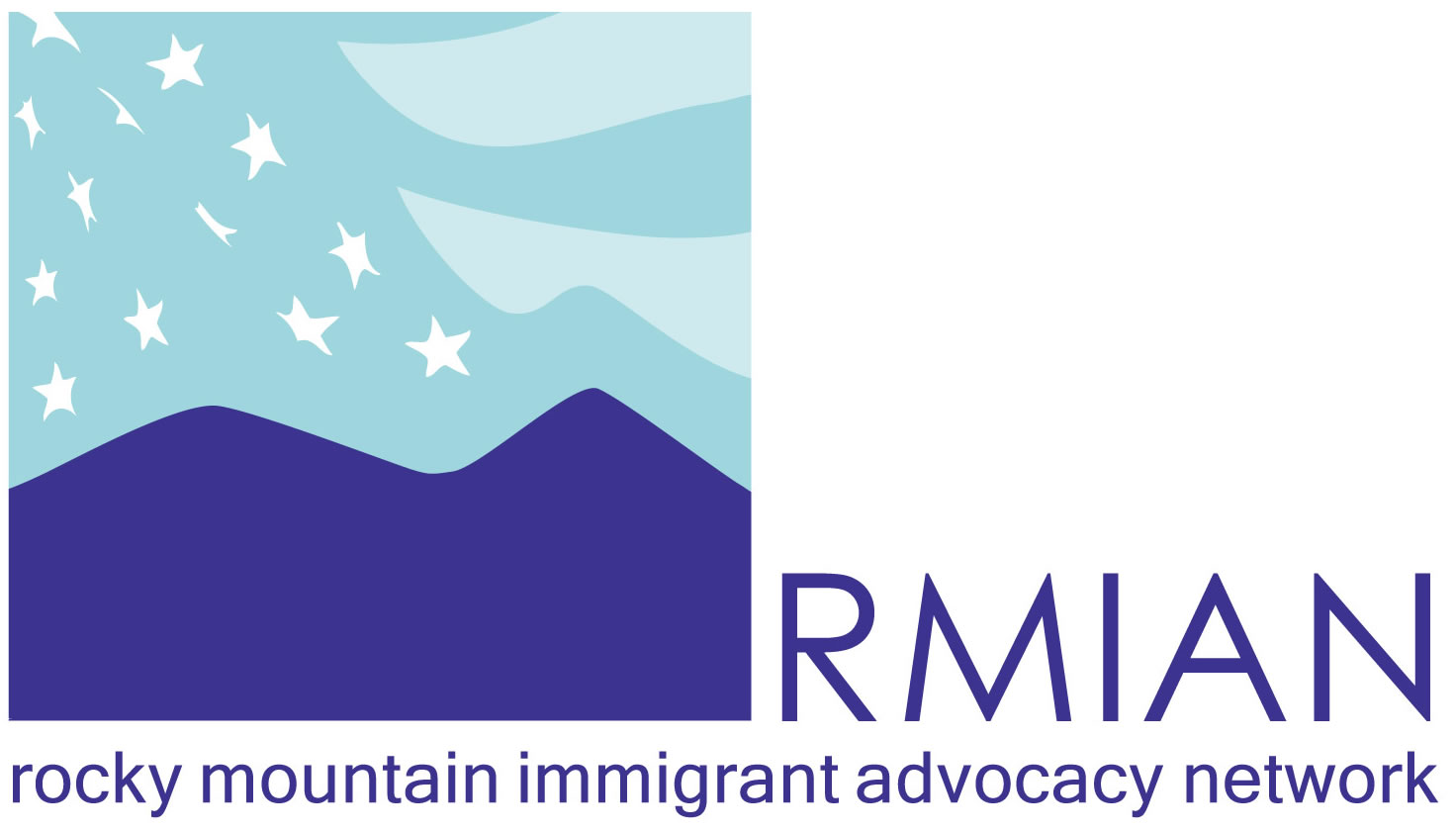National Celebrate Pro Bono Week: Henry D. Hollithron
Henry D. Hollithron
Pro Bono Attorney
Why do you volunteer with RMIAN?
I am a first-generation American whose mother interpreted in the immigration courts for nearly two decades. You could say I grew up both experiencing the benefits of the immigration laws and hearing about (or occasionally witnessing) the importance of quality legal representation for noncitizens. I now operate my own, full-time immigration practice, and I volunteer with RMIAN because I wholeheartedly agree with the founders' outrage that detained noncitizens and children, many of whom have come here after experiencing horrific mistreatment in their home countries and who seek only to live free, are daily forced to represent themselves in such a complex system where the deck is so severely stacked against them.
What is a memorable moment you've had while volunteering with RMIAN?
One recent incident from just a couple of weeks ago comes to mind. A man who came here after being brutally tortured by his government had lost an appeal I had helped him file with the Tenth Circuit. But while that appeal had been pending, I'd also assisted him with applying for a work permit. It arrived at my office, and we were able to get it to him the same day. Even though his long-term prospects are still bleak, he now at least has the ability to legally make a living and become self-sufficient. Amid the feelings that naturally followed when we received the Court's effective death sentence, it was nonetheless heartwarming to see his unalloyed joy when he received the permit. it helped us both remember that where there's life, there's always hope.
Why does this work matter to you?
Like all endeavors, especially legal ones, representation of RMIAN's clients does not come with a guarantee of success. It is easy to see the value of the work when you are able to help someone who has spoken out against a repressive regime and suffered for it gain asylum and the possibility of one day becoming an American citizen, or a child who survived parental abuse and abandonment take the first steps toward getting permanent residency. But even when each turn in a case leads only to another disappointing outcome, you can at least know that the client is not facing dire injustice alone. You know that the client has someone to provide regular contact from that part of American society that does acknowledge noncitizens' humanity, whether in or out of detention; someone to demand, through arguments that benefit from both conviction and sound analysis, justice from a massive federal apparatus that regards its victims solely as statistics; and someone who, when the going gets tough, will still be on the constant lookout for an ultimate, life-saving solution. In return, you are privileged to meet people from all corners of the world and all manner of backgrounds who are nonetheless united in their awe-inspiring courage and their solemn determination to stand for the right to be free in thought and deed.
Anything else that you would like to share?
Although I came to this work after a year of teaching myself the intricacies of immigration law, I have heard from many other volunteers who specialize in other, completely unrelated fields that the training resources available are more than sufficient to the task of gaining the competence to help those who so desperately need it. If there are reasons not to do this work, not being an immigration lawyer is certainly not one of them.

